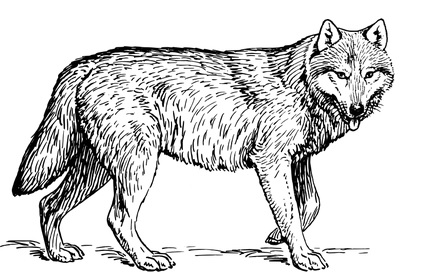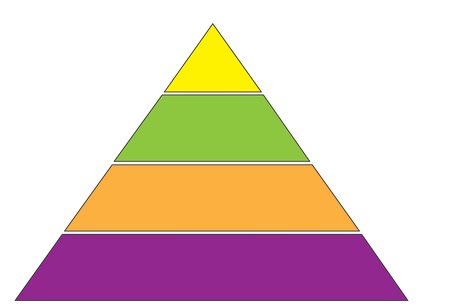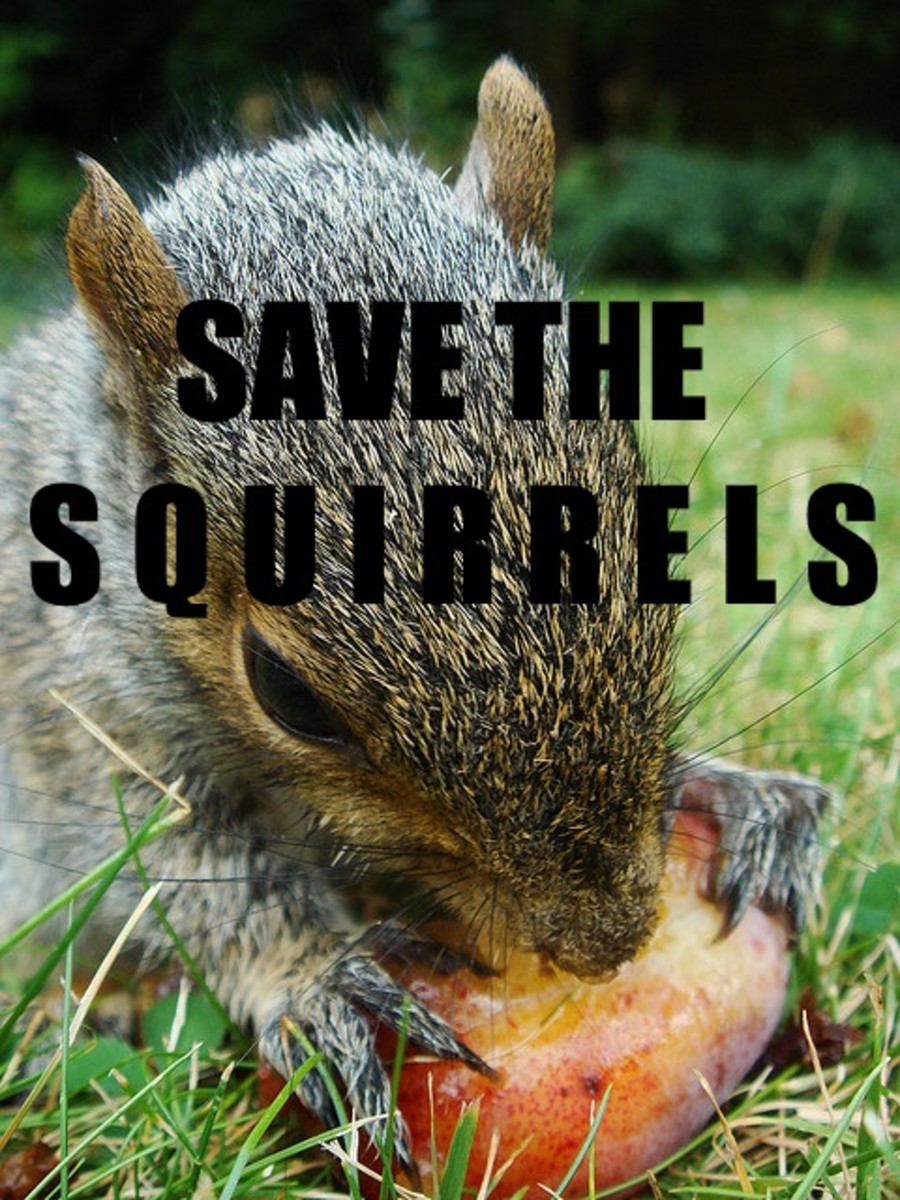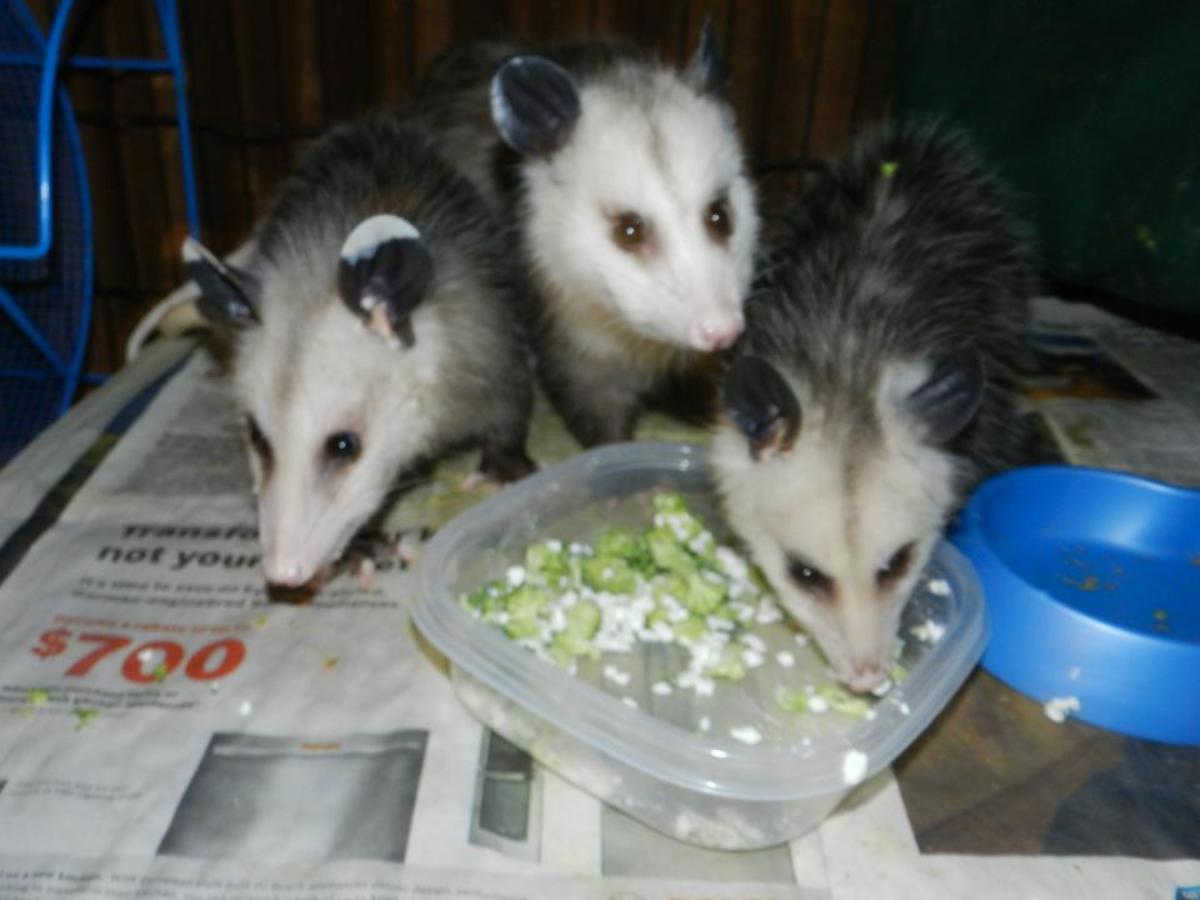Food for Thought: How to pick the right Food for your Cat or Dog

Researching Pet Foods
Finding the right food for your pet can be challenging, especially for animals with special dietary restrictions or requirements. There are many factors at play which not only include the balance of various vitamins and minerals, but also the consistency of a product and the reliability of a chosen manufacturer.
It is quite common to read bad reviews about experiences with certain products. Feedback is valuable and it is quite common to see recalls on certain products. A bad batch of food or a poor formula can create health problems and in rare cases, mortality. Furthermore, not all foods work for all pets. Some dogs may thrive off of a certain brand of food, while others may experience vomiting and diarrhea.
It is important to note that cats and dogs have different nutritional requirements, which is why there are foods made specifically for these different species. For example, cats require taurine in their diet and can develop health problems without out, whereas dogs can create their own taurine.
When researching pet foods it is important to be informed about which ingredients your pet requires and which ingredients should be avoided. It is also important to not feed into propaganda and advertising. It is very common for owners to discover the food they choose does not work for their pet and may find themselves switching brands. I hope this guide can help you in your search for finding the right product for your pet.
Wet vs. Dry Food
Nutrition is the first thing many pet owners think about when they buy food for their pets. Sometimes the selection process can be misguided. Nonetheless, nutritious food is what sustains life and keeps our pets happy and healthy. When researching foods for your cat or dog, there are a few things to think about.
Should I feed my pet Canned Food or Dry Food?
The wet versus dry food debate is ongoing. Here is a chart outlining the advantages and disadvantages to the different types of food.
Wet Food
| Dry Food
|
|---|---|
More Expensive
| More Economical
|
Can spoil easily
| Does not spoil easily
|
Less density
| High density (quick calorie consumption)
|
Approximately 75% moisture (good for urinary tract problems, diabetes, kidney disease)
| Approximately 10% moisture
|
High protein, fat
| More carbs, less protein
|
Slightly better for preventing dental disease
|
So which is better: wet food or dry food?
Neither. Most pets will do well eating either type of food. It all comes down to nutrients. Although wet foods are higher in protein, it is possible for a high protein diet to lack other essential nutrients such as amino acids. Dry pet food is a lot less expensive and less likely to spoil and become contaminated than wet food. Consider a mixture of both as an option.
Exceptions may be made if your cat requires a special diet. For example, cats with obesity may be better off with a low-calorie, low-fat dry food.
I feed my four cats and my dog primarily dry food because it is economical. However, I will give a can of wet food as a tasty treat now and then for my cats because it is much more appealing to them and will ensure they are getting enough protein. I do not feed my dog wet food primarily because it tends to give her diarrhea. Furthermore, her teeth were in poor shape when I rescued her. The volunteers reportedly fed her cheeseburgers on her trips away from the shelter and was fed wet food after she refused to eat her dry food. Now that she is on a dry food diet she has a lot less plaque build-up with her dry food. With an occasional professional cleaning at the groomer she has had no cavities or other dental problems since I adopted her.
Is a home-prepared diet an option?
Home-prepared diets are expensive, time-consuming, and unnecessary unless a vet gives you specific instructions to combat existing health problems. Commercial pet foods are typically created by scientists and veterinarians in order to meet nutritional standards set by the Association of American Feed Control Officials (AAFCO).
Pet Nutrition 101

Nutrition: Basic Ingredients
Cats and Dogs are carnivores by nature. In a domesticated world food for pets is now moslty manufactured and put on shelves for pet owners to conveniently purchase. Here are a few things you should know about the ingredients in your pet's food.
Sources of Protein is one of the most important ingredients in cat and dog foods. There are different sources of proteins in various pet foods. Meat meal has a very concentrated, high-level of protein and is easily digested. Meat by-products are not digested as easily and contain lower levels of protein for your pet. Corn and Wheat also pass as sources of protein, however this is very difficult for pets to digest and nutrients from this source are mostly unused through the digestion process.
Essential Amino Acids
Arginine, Histidine, Isoleucine, Leucine, Lysine, Methionine, Phenylalanine, Threonine, Tryptophane, & Valine are all essnetial amino acids your dog or cat cannot synthesize and will need in their diet. There are other types of amino acids in existence, however these are the fundamental ones. Without these your pet could develop various health problems. It is not the quantity of amino acids, rather the quality, that will keep your pet healthy.
Taurine is an essential ingredient for cats. The absence of this amino acid can lead to various eye, heart, and liver diseases in addition to seizure disorders and diabetes. It is not considered essential for dogs because dogs can synthesize taurine. If your cat's diet lacks taurine, consider talking to your veterinarian about supplements.
Fiber is an essential ingredient for your pet's food. Fiber promotes good colon health by aiding in digestion and producing healthy stool. The rate of fermentation of fiber is important. Different types of fiber can react in different ways. For example, rapid rates of fermentation can cause diarrhea. Pectin, soy fiber, and bran have more rapid rates than beet pulp, soybean hulls, and cellulose.
Fats are important to help your pet get essential omega-3 and omega-6 fatty acids which help with skin and coat health and brain functions. Linoleic and Arachidonic are also important.

Vitamins & Minerals
Vitamin A has a good side and a bad side. It promotes good vision, healthy skin, and can strengthen your pet's immune system. It can even help protect against certain diseases and cancer formation. However, excessive levels of Vitamin A can be extremely toxic. To protect your pet, avoid Vitamin A-rich diets such as feeding raw liver and supplemental products.
Vitamin D regulates calcium and phosphorus levels in the bloodstream. It is extremely important for bone formation, and nerve and muscle control. Deficiencies in Vitamin D are very common. Vitamin toxicity is rare but can cause heart problems. Check with your veterinarian before adding vitamin supplements to your pet's diet.
Vitamin E is an antioxidant and helps with fat metabolism. Deficiencies can cause cell damage and harm skeletal muscle, heart, liver, bowels, and nerves. So far there has been no solid evidence toxicity due to excessive Vitamin E in pet foods.
Calcium and Phosphorus are two minerals that work together to ensure good bone health and development for your pet. It is even more crucial for puppies and kittens during development.
Potassium citrate ensures healthy urination and prevents kidney stones.
Potassium regulates Sodium, both of which are important for normal bodily functions such as regulation of water intake, urination, and elimination of minerals which could cause kidney stones.
Sodium phosphates promote good dental health by slowing the build up of tartar. Did you know that this mineral can be found in various human toothpastes?
Magnesium is a mineral which promotes good bone health and keeps the nervous system functioning the way it should.
Zinc promotes healthy skin, hair, and reproductive system.
Iron helps to provide oxygen to the organs and muscles.
Manganese is essential for puppies, kittens, and older pets to promote healthy bone, cartilage, and mitochondria function.
Copper helps your pet to absorb iron in addition to synthesizing melanin and preventing anemia.
Iodine aids in the synthesis of thyroid hormones.
Selenium helps with prevention of cancer, inflammatory diseases, and eases aging symptoms.
Additional Ingredient FAQ
Carbohydrates are not considered essential for a healthy diet. However, they are necessary for making dry kibble, provide long shelf-life for food, and can give your pet more energy. Although there have been studies about whether carbohydrates can cause diabetes, there is no evidence of a direct link between carbohydrates and diabetes. Although carbohydrates are not harmful, professionals recommend choosing a food higher in protein and lower in carbohydrates to ensure your pet is getting enough nutrients.
Vitamin K3 (menadione) is a synthetic version of Vitamin K. It is somewhat controversial. No other form of Vitamin K is permitted in pet foods. Although some companies add Vitamin K3 to help with the clotting of blood, some professionals believe the risks of adding it to pet foods outweigh the benefits. Examples of possible side effects include cytotoxicity in liver cells, can cause skin irritation, and can cause allergic reactions and eczema.
Beyond Basics
If you suspect your pet is suffering from health issues it is important to consult your veterinarian about what dietary changes could be made to improve your pet's well being. Some pet foods are specially formulated for certain health issues. A prescription pet food may be necessary to help improve your pet's quality of life.
There are a few tips to keep in mind about special diets.
Liver disease- avoid salt and copper in your pet's diet. Some stages of liver disease may require a limited amount of protein in your pet's diet. Vitamin E, Zinc, milk thistle, and Vitamin K may help promote liver health.
Heart disease- mild sodium restriction, maintaining adequate protein levels, omega-3, and Vitamin E can help promote heart health.
Arthritis- omega 3, omega 6, Vitamin E, C, & D, Glucosamine, Chondroitin, and lean protein sources are encouraged. Avoid grains, starches, and night-shade vegetable sources to avoid inflammation.
Pancreatitis and Obesity- avoid foods that are high in fat.
There are many brands of pet food in existence. If one food worked for all pets we would not have so many different types of food. Some are rated lower than others, however it is important to remember that not all pets are the same. Some have bad reactions to certain foods, and some may require a diet for special needs. In a household with multiple pets it is important to recognize each pet's unique needs. It is also important to acknowledge any changes in eating habits, behavior, and bowel movements. Pets can develop a sensitivity to certain foods and they may require a change in diet.
There is no "right answer" as to which pet food is the best food. The best food for your pet is based on his needs as an individual. Some pets can eat just about anything you give them. For others, it may take trial and error to find the right food.
Making an informed decision means being vigilant, knowing your pet, and understanding their needs.
Pet Food Industry
There is a lot of negativity surrounding the pet food industry and what "secrets" may be lurking. Not all pet food manufacturers are "evil" or put profit before your pet's health. Many problems created by dog foods may simply be a result of an inconsistent batch of food that went bad. Of course, this is inexcusable. There are shocking incidents of illness and even death because of bad batches and improper practices by certain companies. Higher standards should be held for the manufacturing of pet foods. For many pet owners it is difficult to decide which brands of food to trust especially with known food recalls.
There are many ways in which food can become contaminated, especially when it is mass-produced in factories. It is to be expected that there may be recalls for any mass-produced food product. There are other red flags to look out for when choosing a brand of food for your dog.
Business Ethics are not always upheld in the pet food industry. Some companies try to cover up recalls by using the phrase "voluntary retrieval" in order to maintain positive image for the company, rather than being honest with its consumers.
Some companies will send out recall notices to distributors, but fail to notify consumers and making the recall publicly known.
There is indeed a stigma attached to the word "recall". However, it is unanimous among many dedicated pet owners that upholding integrity and being honest with your consumers is more important that upholding the company's image. When a beloved pet falls prey to illnesses caused by contaminated food, it is devastating. When the company responsible for the contamination lies about the incident or manipulates the facts to save their own pride, it is no wonder why such animosity and suspicion arises surrounding the topic of manufacturers within the pet food industry.
The following video briefly discusses the large-scale, well-known pet food recall of 2007. It was a devastating experience for many pet owners and created panic across the country.
2007 Menu Pet Food Recall
Pet Food Reviews
Pet food reviews can be hit-or-miss. They can be very helpful when researching and comparing different products. It is not possible to know every little detail that went into making your pet's food, such as safety practices of the manufacturing company or the quality of ingredients used. Professional ratings are based on pet food labels required by the government.
Personal reviews are based on experiences. As I stated earlier, not all pets react the same to certain foods. Furthermore, not all batches of food end up being the same.
For example, I have put my dog on 3 and 4 star-rated dog foods which made her vomit. After concluding that she had a sensitive stomach (which is not uncommon), I switched her to a 2 star-rated food designed for sensitivities. She has been on this food for several months now and she is doing much better!
Three of my four cats like a cheap brand of dry food and enjoy wet food as a treat. My fourth cat shows no interest in treats or wet food at all. She also seemed to have an upset stomach on the dry food she was on. After switching her to a higher-quality dry food she has been feeling a lot better!
As an owner I like to see what other people are saying. If one brand has inconsistent or negative reviews I move on to the next brand. If I can find a food in which the majority of consumers rate their personal satisfaction with the product as a 4 or 5 I investigate what they have to say. If reviews are consistent across multiple websites I compare multiple products and pick one to try.
All pet food products I have used over the years have been based on a combination of professional and personal reviews. In the end, I managed to find products that I am very satisfied with. Searching is not always easy and it can be time-consuming. In the end, it's worth knowing that my pets are all happy and healthy.
Thank You for Reading!
For any questions about your pet's health and diet (including inquiries about raw meat or home-made diets), please consult your veterinarian. For further reading I have listed several links below.
I hope this guide has provided you with useful tips about how to select a pet food that will work for your feline or canine companion.
Thank You for Reading! Good Luck!
Sources for Further Reading
Association of American Feed Control Officials
U.S. Food and Drug Administration (animal and veterinary resources)
Calcium and the Risk for Peridontal disease
Calcium Deficiency: A problem in growing and adult dogs
The Ultimate Pet Food Guide - By Liz Palika
Seizures and severe nutrient deficiencies in a puppy fed a homemade diet
Focus on nutrition: dietary management of gastrointestinal disease
Taurine and carnitine in canine cardiomyopathy
Diet and skin disease in dogs and cats
Relation between habitual diet and canine mammary tumors
Effects of medium protein diets in dogs with chronic renal failure



